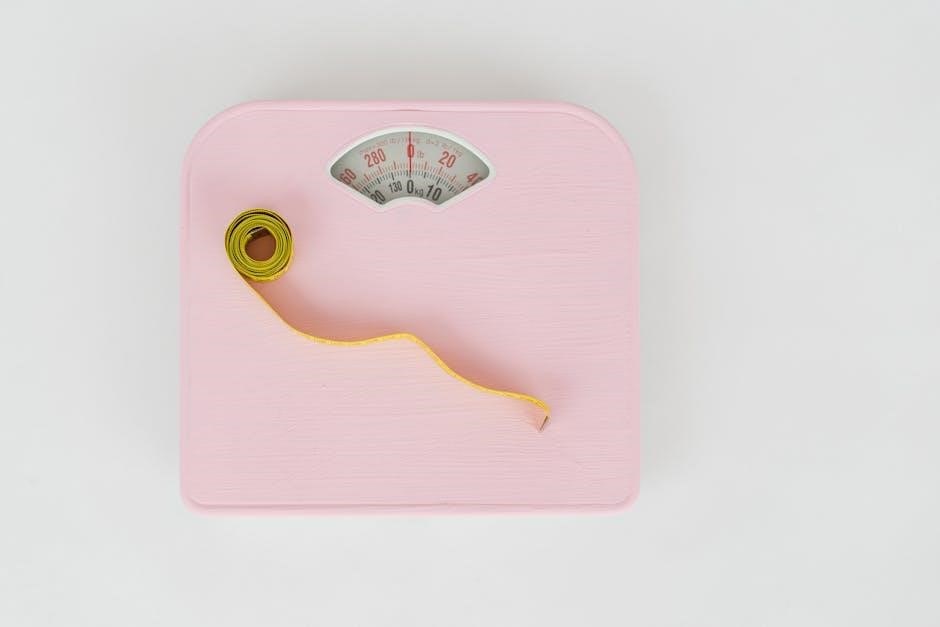
The low gi diet is a 12 week weight loss plan that helps individuals achieve their goals by eating whole foods and exercising regularly
Understanding the Concept of Low GI
The concept of low GI is based on the idea that foods with a low glycemic index are digested and absorbed slowly, causing a gradual increase in blood sugar levels. This approach helps individuals manage their weight and improve their overall health. A low GI diet typically includes foods such as whole grains, fruits, and vegetables, which are rich in fiber and nutrients. By understanding the concept of low GI, individuals can make informed decisions about their diet and develop a personalized meal plan that suits their needs and lifestyle, leading to a more effective 12 week weight loss plan.
Benefits of a 12-Week Weight Loss Plan
A 12-week weight loss plan offers structured guidance and support for achieving goals
Importance of a Structured Plan
A structured plan is essential for a successful weight loss journey, providing a clear outline of meals and exercises to follow.
With a structured plan, individuals can stay on track and make healthy choices, increasing their chances of achieving their weight loss goals.
A well-planned structure helps to reduce cravings and prevent overeating, leading to a more balanced diet and a healthier lifestyle.
By following a structured plan, individuals can develop healthy habits and a positive relationship with food, leading to long-term weight loss success and overall well-being, with a focus on nutrition and exercise.
Key Components of a Low GI Diet
Whole foods and regular exercise are essential components of a low gi diet plan for weight loss and overall health benefits daily
Focus on Whole Foods
A low gi diet emphasizes whole foods like fruits, vegetables, and whole grains, which are rich in nutrients and fiber, helping to keep blood sugar levels stable and promoting feelings of fullness and satisfaction, making it easier to stick to the 12 week weight loss plan, and with the right combination of foods, individuals can achieve their weight loss goals and improve their overall health and wellbeing, by following a balanced and varied diet that includes a wide range of whole foods, and staying hydrated by drinking plenty of water throughout the day.

Creating a Personalized Meal Plan
Creating a meal plan involves setting calorie goals and tracking progress with a food diary regularly online.
Considering Individual Calorie Needs
To create an effective meal plan, it is essential to consider individual calorie needs, taking into account factors such as age, weight, and activity level. A personalized approach ensures that the diet is tailored to meet specific requirements, increasing the likelihood of successful weight loss. The 12-week weight loss plan provides a framework for calculating daily calorie intake, with a recommended range of 1200-1600 calories per day. By adjusting the calorie intake according to individual needs, participants can achieve a sustainable and healthy weight loss. This approach also helps to prevent nutrient deficiencies and ensures overall well-being;

Overcoming Common Challenges
Strategies for overcoming challenges include mindful movement and healthy eating habits daily
Strategies for Staying on Track
To stay on track, individuals can use tools and resources such as meal planners and exercise schedules, and set realistic goals for themselves.
By doing so, they can maintain motivation and make healthy lifestyle changes that lead to successful weight loss and overall well-being, and achieve their goals.
Importance of Mindful Eating
Eating mindfully helps individuals develop healthy relationships with food and their bodies naturally every day
Developing a Healthy Relationship with Food
Developing a healthy relationship with food is crucial for long-term weight loss success and overall well-being, allowing individuals to make informed choices about their diet and lifestyle, and to cultivate a positive and balanced approach to eating, with a focus on nourishment and enjoyment, rather than restriction or deprivation, and by doing so, they can improve their physical and mental health, and increase their chances of maintaining a healthy weight, and achieving their goals, with a low gi diet 12 week weight loss plan pdf as a useful guide and resource.

Exercise and Physical Activity
Regular exercise and physical activity support weight loss and overall health benefits always
Incorporating Movement into Daily Life
Incorporating movement into daily life is crucial for a successful weight loss plan, using methods such as taking stairs instead of elevators and parking further away from destinations to increase physical activity, this approach helps to burn calories and improve overall health, making it easier to stick to a low gi diet and achieve weight loss goals, with regular exercise and physical activity supporting weight loss and overall health benefits, individuals can make sustainable lifestyle changes and maintain a healthy weight, by making small changes to daily routines and incorporating more movement into daily life, individuals can achieve their weight loss goals and improve their overall health and wellbeing.

Monitoring Progress and Staying Motivated
Tracking progress with tools and resources helps individuals stay motivated and focused on their weight loss goals every day successfully always online.
Using Tools and Resources to Track Progress
Utilizing various tools and resources is essential to track progress on the low gi diet 12 week weight loss plan, with online calculators and mobile apps available to monitor calorie intake and macronutrient balance, as well as printable pdf templates to record food diary and exercise routine, enabling individuals to stay organized and motivated throughout their journey, and make adjustments as needed to achieve their weight loss goals, with the help of these tools and resources, individuals can ensure they are on the right track and make progress towards a healthier lifestyle.